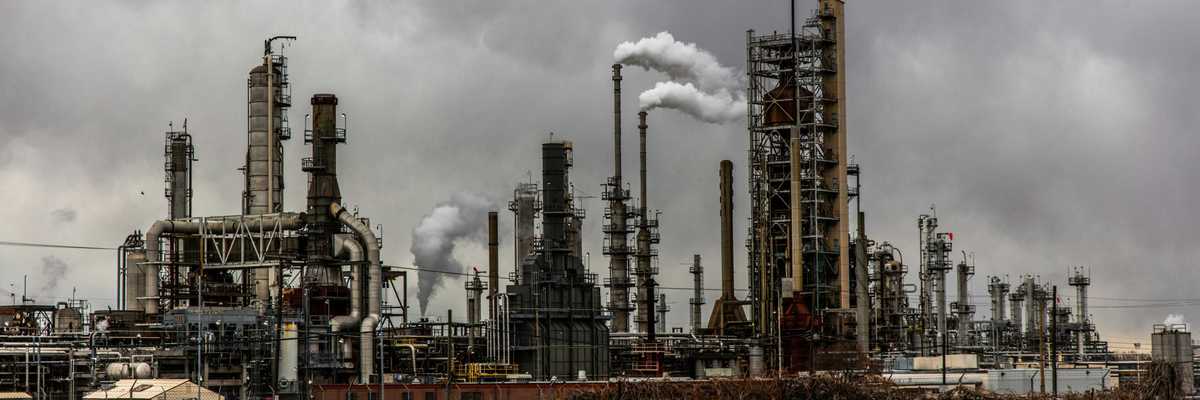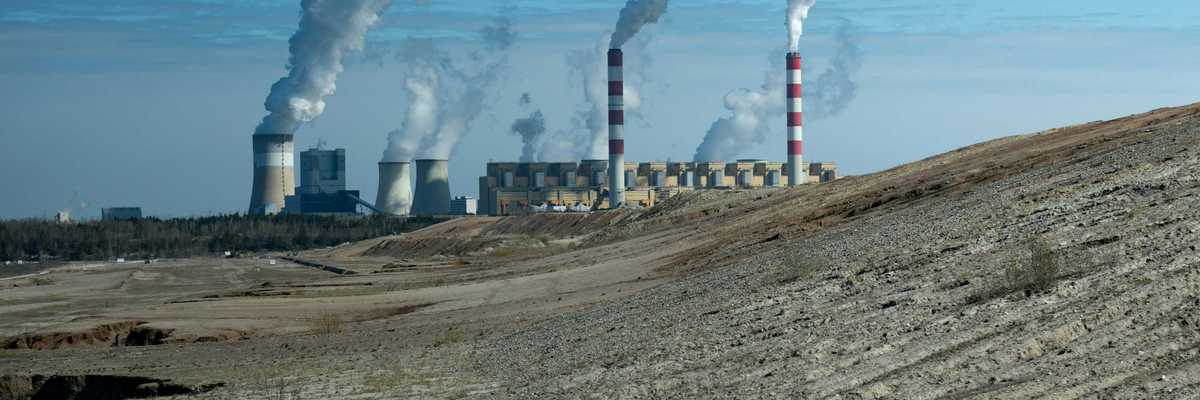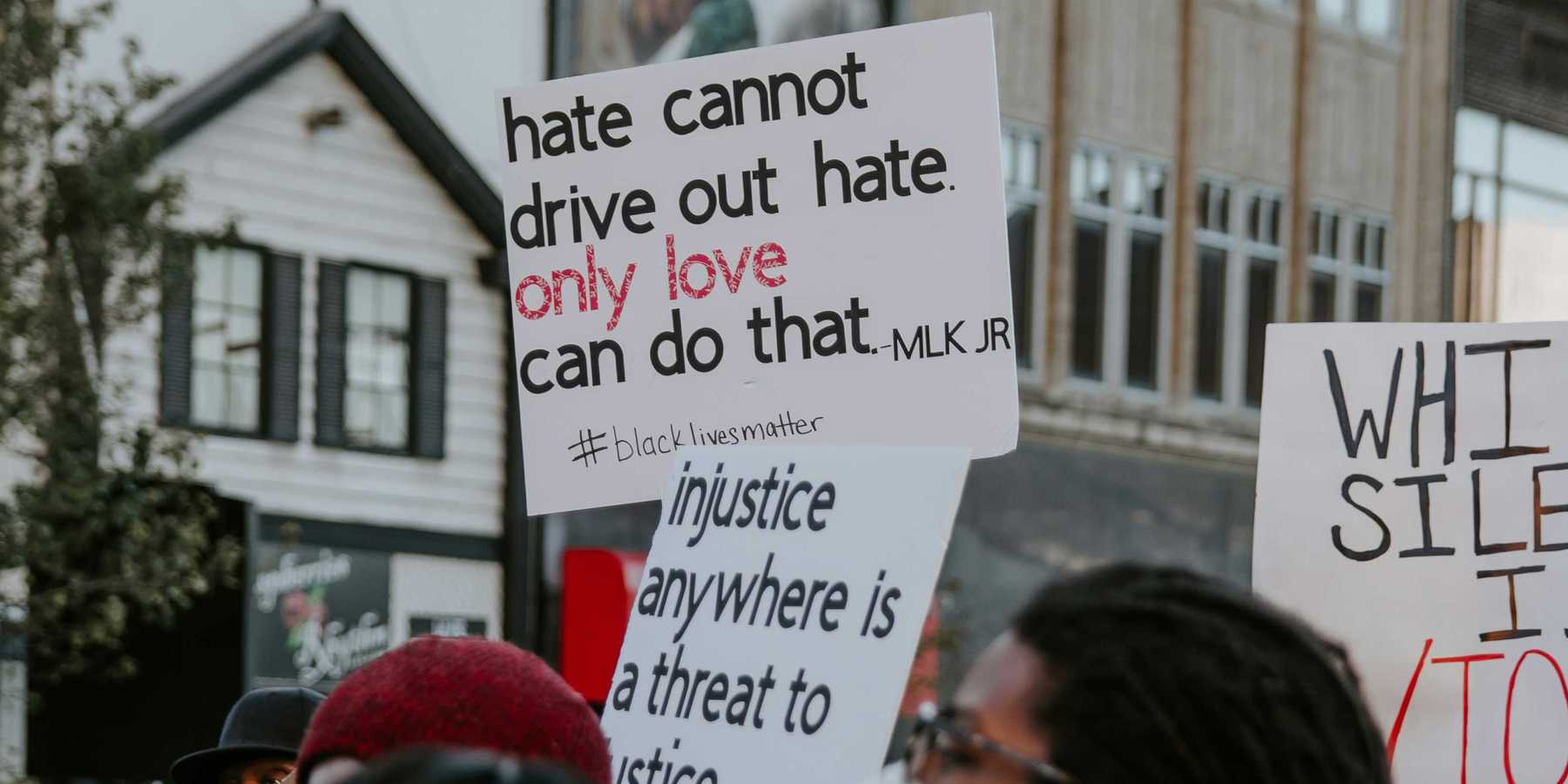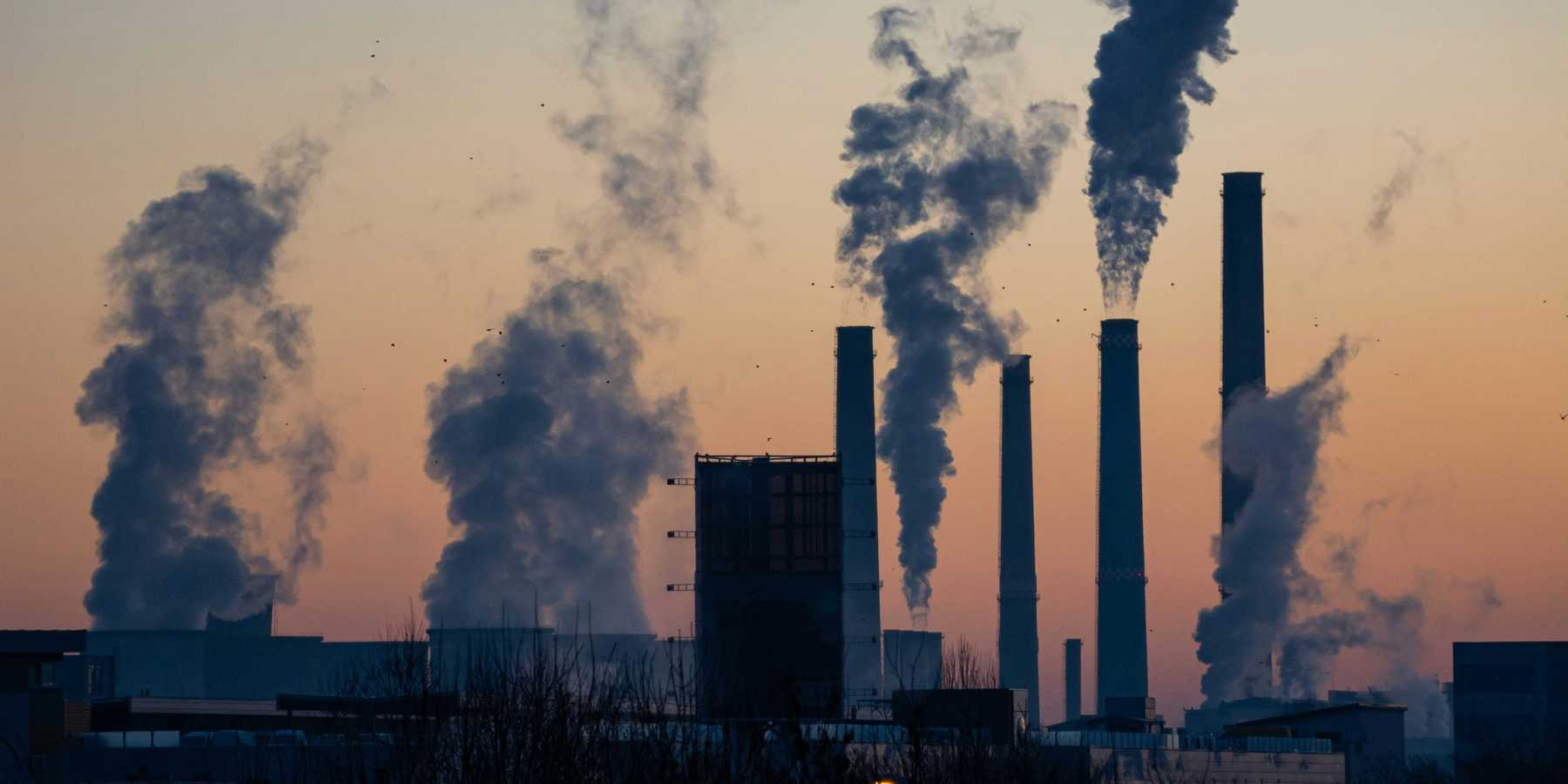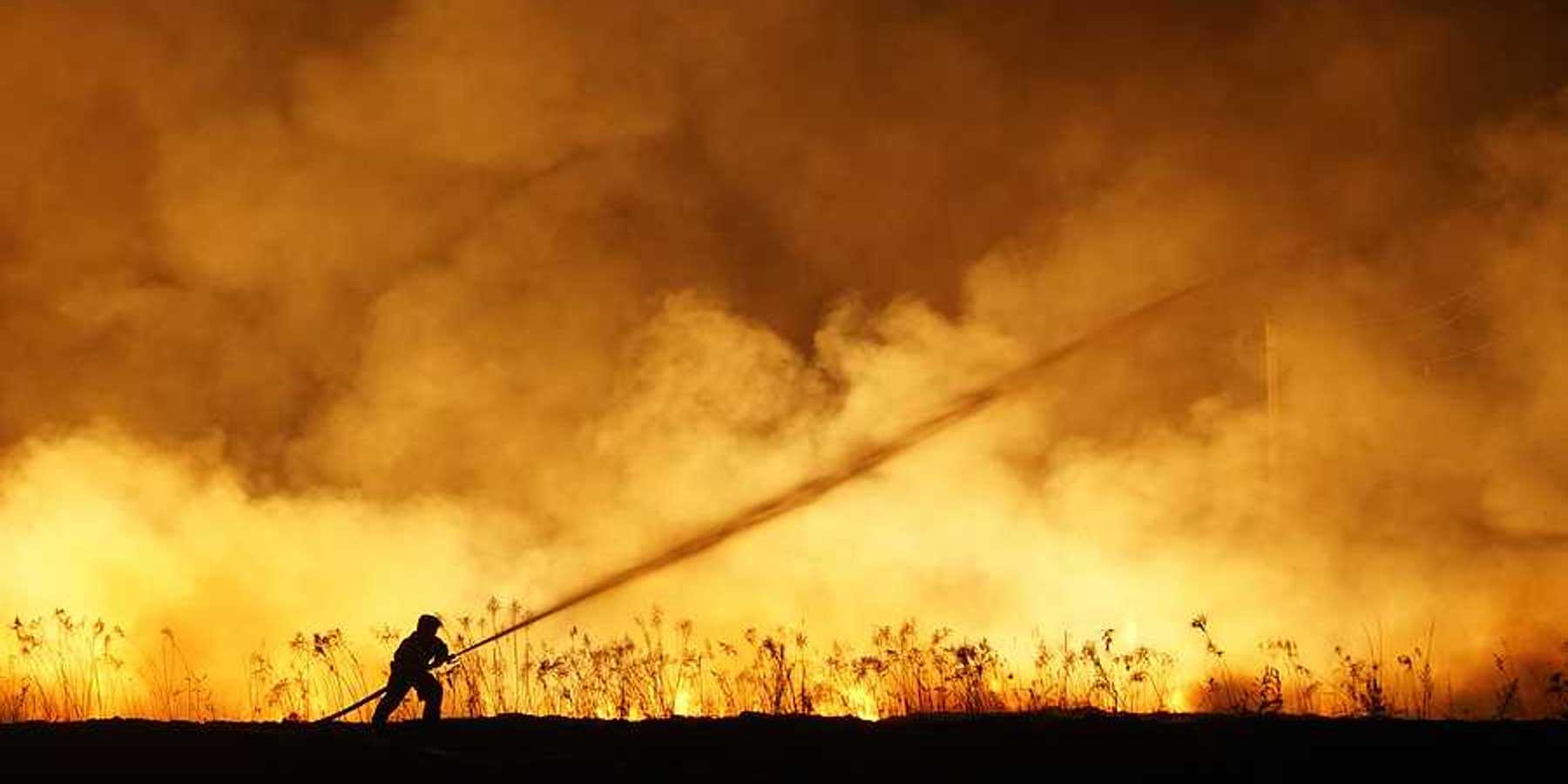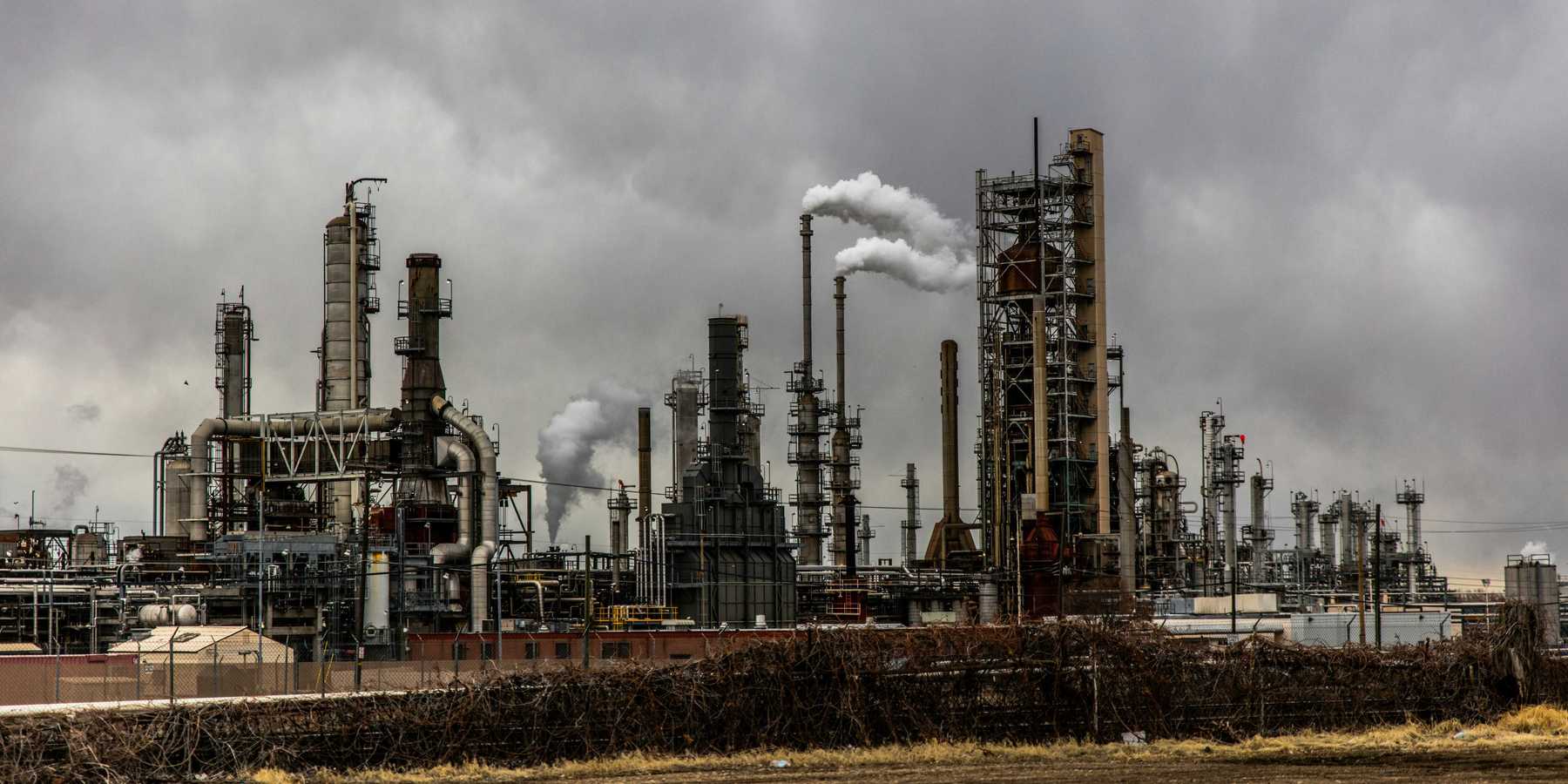climate migrants
Some US cities are promoting themselves as climate refuges despite concerns
Climate change is prompting some cities to market themselves as safe havens from extreme weather, but experts question their ability to truly offer protection.
In short:
- Buffalo, New York, markets itself as a "climate refuge" due to its moderate climate and low risk of extreme weather events.
- Other cities like Duluth and Ann Arbor are also positioning themselves as climate havens to attract residents fleeing harsher climates.
- Experts warn that no city is immune to climate change and stress the need for adaptation and infrastructure investment.
Key quote:
"I'm not saying climate change is going to be good for Buffalo, or Buffalo is going to be an oasis. We’re not an oasis, we suck less.”
— Stephen Vermette, professor of geography at Buffalo State University.
Why this matters:
As climate change worsens, more areas will become uninhabitable, pushing people to relocate. Marketing certain cities as climate havens could strain their resources and infrastructure, potentially leading to new challenges in those areas.
Biden's new border policy endangers climate migrants in severe heat
Amid extreme heat in the southwest, President Biden's recent border policy endangers asylum seekers fleeing climate disasters.
In short:
- Biden's order closes the southern border to most asylum seekers when daily crossings exceed 2,500, risking heat-related illnesses and deaths.
- The policy forces migrants to wait in extreme conditions, with limited exceptions for entry.
- Critics argue the directive undermines climate-driven migration relief and is politically motivated.
Key quote:
“This executive order being issued at this time is an additional cruelty that will force more people into dangerous conditions where they’re exposed to a really severe climate impact.”
— Ahmed Gaya, director of the Climate Justice Collaborative at the National Partnership for New Americans
Why this matters:
Biden's policy could worsen health risks for migrants as climate change increases global temperatures. It contradicts previous promises to prioritize climate-related migration, raising concerns about the administration's commitment to climate justice.

